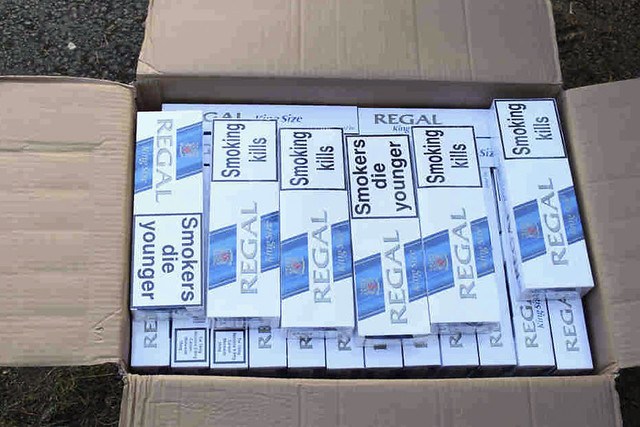New figures released by the European Commission yesterday show that the number of seizures of fake goods being imported into the EU increased in 2018 due to a large number of small parcels in express and postal traffic.
The total number of seized consignments jumped from 57,433 in 2017 to 69,354 in 2018, though the total amount of articles detained decreased compared to previous years. Almost 27 million articles that infringed on intellectual property rights (IPR) were detained in 2018 with a street value of nearly €740 million.
The loss to the EU economy is much bigger. A study by the EU Intellectual Property Office (EUIPO) on the importance of IPR to the economy showed that direct sales losses for EU businesses due to counterfeit goods amount to €56 billion per year, corresponding to an employment loss of almost 468,000 jobs. Adding in knock-on effects on other sectors, total sales losses amount to €92 billion.
In the majority of cases, the detained goods are destroyed. A Belgian customs official told The Brussels Times that the goods seized by the customs are burned. "We can only check a small sample of all goods. It’s impossible to estimate the real value of fake goods entering EU. Those who import fake goods do not only lose the money they paid for them but risk also being charged by the right-holders of trademarks and brands.”
"Customs officers across the EU have seen success in tracking down and seizing counterfeit goods that are often dangerous for consumers,” said Pierre Moscovici, Commissioner for Economic and Financial Affairs, Taxation and Customs (19 September). “Their job is made even more difficult by the rise in small packages entering the EU through online sales.”
The top categories of detained articles were cigarettes, which accounted for 15% of the overall number of detained articles. This was followed by toys (14%), packaging material (9%), labels, tags and stickers (9%) and clothing (8%).
Detained products for daily personal use in the home such as body care articles, medicines, toys and electrical household goods could also be dangerous for the health and safety of consumers and accounted for nearly 37% of the total number.
China continued to be the main source country for goods infringing intellectual property rights. North Macedonia was the main provenance for counterfeit alcoholic beverages. Turkey was the top source for other beverages, perfumes and cosmetics.
EU customs saw a high number of fake watches, mobile phones and accessories, ink cartridges and toners, CDs/DVDs, labels, tags and stickers from Hong Kong, China. The main source for computer equipment was India, Cambodia for cigarettes and Bosnia and Herzegovina for packaging material.
The Brussels Times

